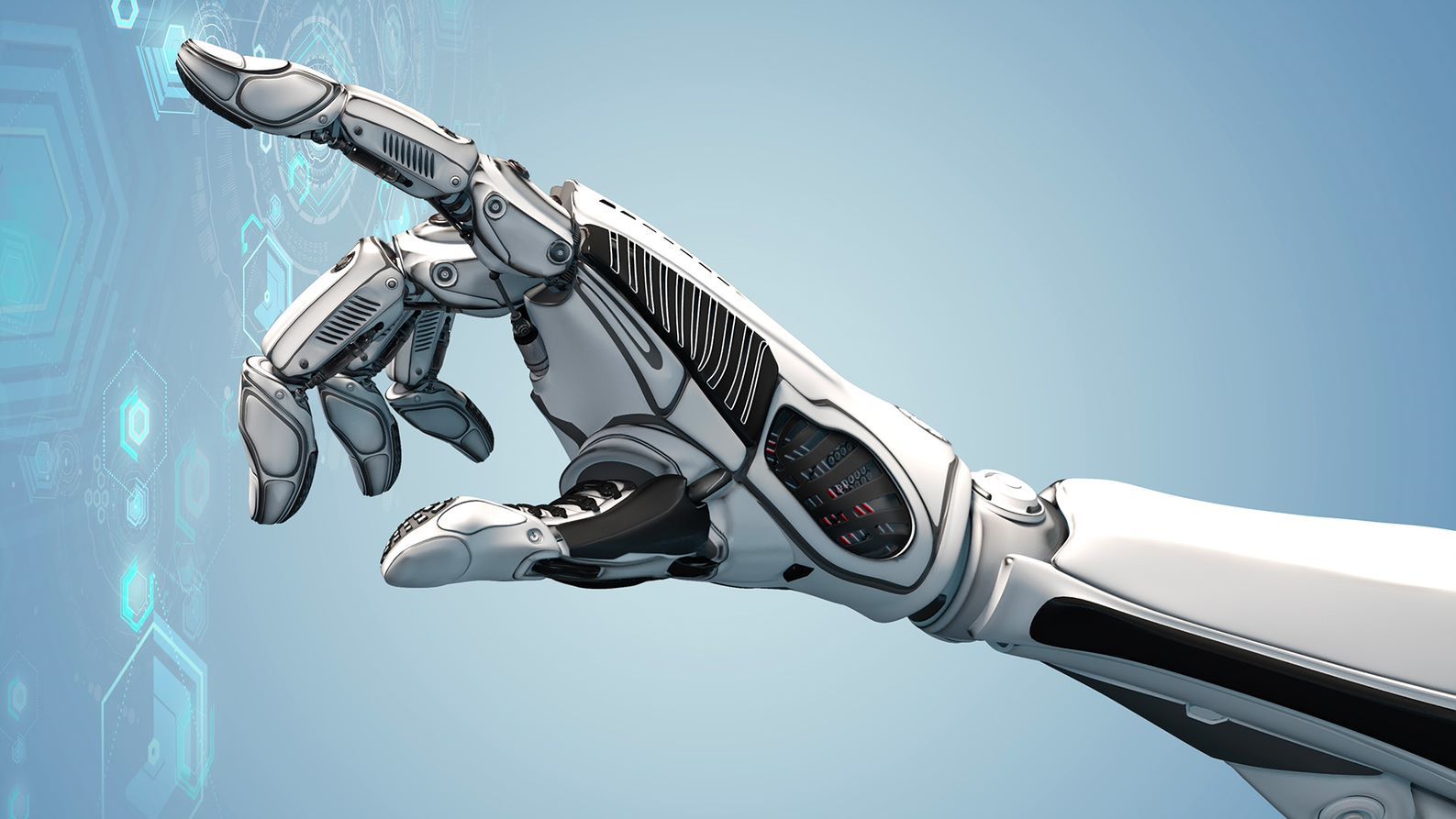-
Artificial intelligence can now imitate music artists

At the end of the 1970s, German electronic band Kraftwerk invented the concept of "The Man-Machine," probably unaware that forty years later, various structures would try to further blur the lines between artists and new technology. In 2017, an American student developed artificial intelligence capable of imitating Kanye West songs; a year later, the tech collective Botnik built a robot that wrote a song in the style of The Strokes, entitled ("Don't Wanna Be There"). Meanwhile, an AI program developed by Sony called Flow Machines created an album whose tracks were co-composed with different artists, including Belgian musician Stromae.
François Pachet, director of the Spotify Creator Technology Research Lab, said at the time: "The use of artificial intelligence is the next step in developing tools to help musical creation". He also claimed that it could create "new and stimulating environments". With good reason—these discoveries seem to have made leaps and bounds in the past few months. The digital agency Space150 recently created Travis Bott, an AI program imitating Travis Scott. They even went so far as to produce a video where we see a virtual version of the American rapper dancing around—as if to defy the quote by Jean Baudrillard placed at the opening: "the sad thing about artificial intelligence is that it lacks artifice and therefore intelligence."
Meanwhile, the software OpenAI, developed by a research laboratory based in San Francisco, has managed to generate songs imitating Elvis Presley, Tupac, Nas and Celine Dion. How? By feeding millions of song lyrics from LyricWiki into an artificial intelligence program, in order to generate songs "matching the style of certain artists." This is not yet optimised (it takes nine hours on a computer to produce one minute of barely audible music), but these initiatives all demonstrate a fast-growing technology that may open new possibilities for mainstream music.